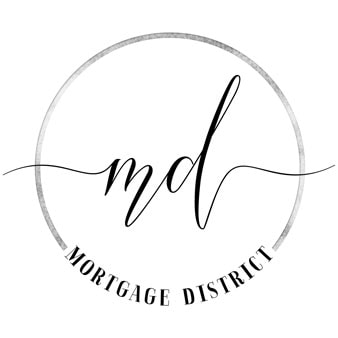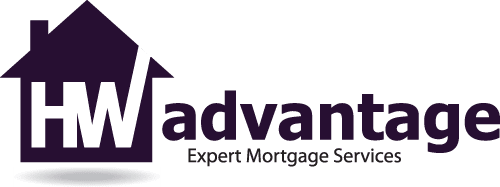So much has changed over the past several months that it should be no surprise that getting a mortgage has also changed. Even with the economy reopening, mortgage lenders are becoming shy about qualifying new mortgage applications. Record-low mortgage rates and the potential for housing prices to drop have caused lenders to put in place measures to reduce risk. While the measures will protect some Canadians, they also simply make it more difficult for others. Keep in mind that these changes apply to new mortgage applications, so if you need to renew a mortgage soon, the changes won’t affect you unless you shop around for another lender.
Better Credit Needed for High-Risk Mortgages
In June 2020, the Canadian Mortgage and Housing Corporation (CMHC) announced that it was raising the minimum credit score that at least one borrower needs to be approved. The minimum score increased to 680 points from 600 points, a change from ‘Fair’ credit to ‘Good’ credit. The problem is that some people have seen their credit scores damaged in recent months when the economy was in lockdown. If that’s the case, it may simply delay some people’s plans or getting a mortgage to purchase a home. With uninsured mortgages (20% down payment or more), banks have also become a little pickier when it comes to credit. TIP: pay all your bills on time even if it is the minimum payment or if you are unemployed request a deferral as deferrals are not negatively impacting credit scores.
Home Values…Where are they going?
There is definitely uncertainty in the housing market. Many experts predicted a drop in housing prices, while others were more optimistic that prices would remain stable. Surprisingly to just about everyone there has been a surge upwards in property values over the last 3 months. With unemployment levels high and many businesses struggling this surge is counterintuitive to most economic predictors. Some think it may be partly to do with the fact that banks are allowing deferred payments (on mortgages, car loans, credit cards, lines of credit) and our government providing income supplementation (such as CERB and CEWS). While these supportive mechanisms have been crucial to Canadians across the country some believe they also may be artificially propping up the housing market. I think it’s as important as ever to be extremely careful and prudent with purchasing, refinancing or investing in real estate during these uncertain times. Work with mortgage brokers and realtors that share the same mindset as you.
Showing Pandemic-Proof Income
Before COVID 19, most lenders would accept proof of income in the form of a pay stub and job letter from the past 60-90 days. Nowadays, lenders are looking for proof of employment income from the last 14 days to prove that the pandemic has not affected income. If you are self-employed lenders will need 2 years tax returns and also require the last 6 months’ banking history to confirm income wasn’t significantly impacted by the pandemic.
The added caution by lenders and CMHC’s new rules—which also include a reduction in the ratio of debt to income used to calculate eligibility, are meant to protect Canadians from undue risk if housing prices fall in the next 12 to18 months. These are smart precautions to take, even though they affect more homeowners than intended. Fortunately, there are two other national mortgage insurers (Genworth and Canada Guarantee) that have not followed the CMHC rule changes and are using the same qualification requirements as they were previous to covid19.
As always, you have options. Call us if you have questions about a new or existing mortgage and want to know how the recent changes affect you. We are here to help!


